Google CEO Sundar Pichai says DeepSeek has done ‘good work’ showcasing AI model efficiency — and Gemini is going the same way too
Sundar Pichai praised the Chinese AI firm for its low-cost model
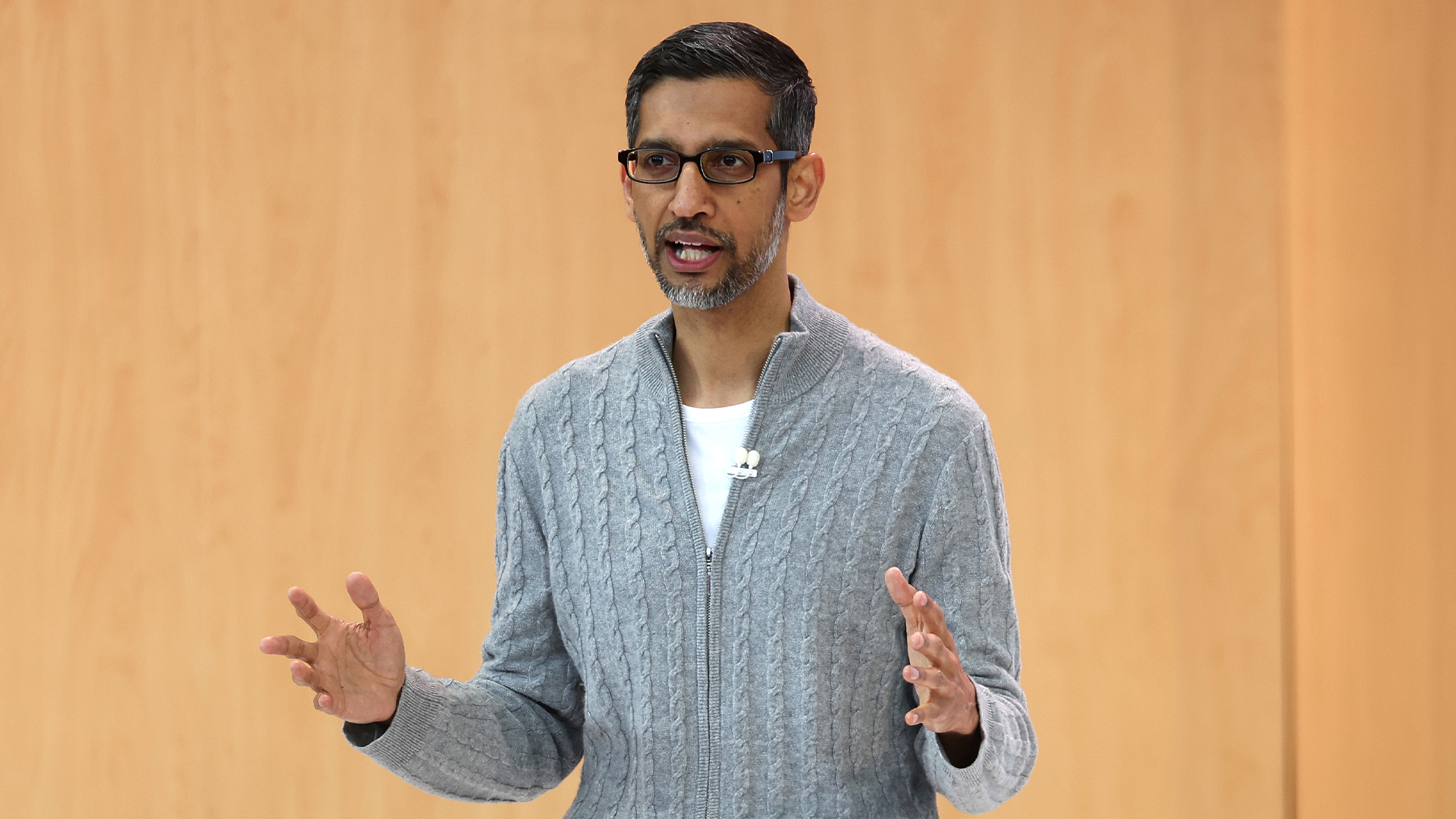

Google CEO Sundar Pichai has lauded DeepSeek in the wake of the firm’s bombshell AI model release, noting that the Chinese company has shook up the industry with showcasing efficiency and accessibility gains.
Last month, DeepSeek released its first AI model amid claims it was trained using a fraction of the resources — and therefore costs — of rival models from OpenAI or Google, and that it could operate more efficiently, too.
The DeepSeek R1 model was hailed as a step change in model efficiency, and with users able to run the model on-device, the app swiftly soared in popularity.
That sent shares in key AI companies spiraling, but after the initial panic, American companies have been keen to praise DeepSeek's methods.
"I think the DeepSeek team has done very, very good work," Pichai said, speaking at the World Governments Summit in Dubai last week.
"But stepping back, I think it shows how global this AI development is right now — it's happening all around the world."
Google is driving AI efficiency
Pichai said the key aspects of DeepSeek that caught attention were its open source design, but also that it was created with efficiency in mind - an area in which Google and other industry counterparts have focused on improving in recent months.
Get the ITPro daily newsletter
Sign up today and you will receive a free copy of our Future Focus 2025 report - the leading guidance on AI, cybersecurity and other IT challenges as per 700+ senior executives
"I think what caught people's attention with DeepSeek was that you could have an efficient model and open source and something everyone can immediately access, and I think that creates a lot of excitement," Pichai said.
However, he claimed Google was also working on similar ideas: "But it's something obviously we are focused on as well. We've always realized the models which you serve people around the world, it has to be very efficient."
Pichai suggested Google's optimized Gemini models, known as Flash, prove the company had been already considering efficiency and accessibility — but of course the announcement of those models didn't spark a stock sell-off or wider concerns about rival AI development.
Google unveiled Gemini Flash last year with varieties that are optimized for cost efficiency, followed by an experimental version of Gemini 2.0 Flash in December, with further updates earlier this month.
In a blog post, the company said its new model tier, Gemini 2.0 Flash-Lite, was Google's "most cost-efficient model yet", offering better quality than 1.5 Flash at the same speed and cost.
"Like 2.0 Flash, it has a 1 million token context window and multimodal input," the blog post noted of 2.0 Flash-Lite. "For example, it can generate a relevant one-line caption for around 40,000 unique photos, costing less than a dollar in Google AI Studio’s paid tier."
AI accessibility for all
In his talk at the Summit, Pichai added that efficiency was important as it allowed AI to be more widely accessible to everyone.
"Artificial intelligence is going to be widely available and it's going to be at everyone's fingertips and it's going to impact the world profoundly," Pichai said. "I think the DeepSeek innovation reinforces that point."
This particular talking point was also highlighted by Microsoft CEO Satya Nadella in the wake of the DeepSeek news last month. Following the model release, Nadella took to LinkedIn to highlight a concept in economics known as ‘Jevons paradox’.
RELATED WHITEPAPER

The Microsoft chief noted that as AI “gets more efficient and accessible, we will see its use skyrocket”.
Though DeepSeek is touted as a win for open source AI development and efficiency — which is good news for the environment and cutting costs — security analysts have warned about critical safety flaws and the company has been accused of using rival's models to build its own.
MORE FROM ITPRO
Freelance journalist Nicole Kobie first started writing for ITPro in 2007, with bylines in New Scientist, Wired, PC Pro and many more.
Nicole the author of a book about the history of technology, The Long History of the Future.
-
 Bigger salaries, more burnout: Is the CISO role in crisis?
Bigger salaries, more burnout: Is the CISO role in crisis?In-depth CISOs are more stressed than ever before – but why is this and what can be done?
By Kate O'Flaherty Published
-
 Cheap cyber crime kits can be bought on the dark web for less than $25
Cheap cyber crime kits can be bought on the dark web for less than $25News Research from NordVPN shows phishing kits are now widely available on the dark web and via messaging apps like Telegram, and are often selling for less than $25.
By Emma Woollacott Published
-
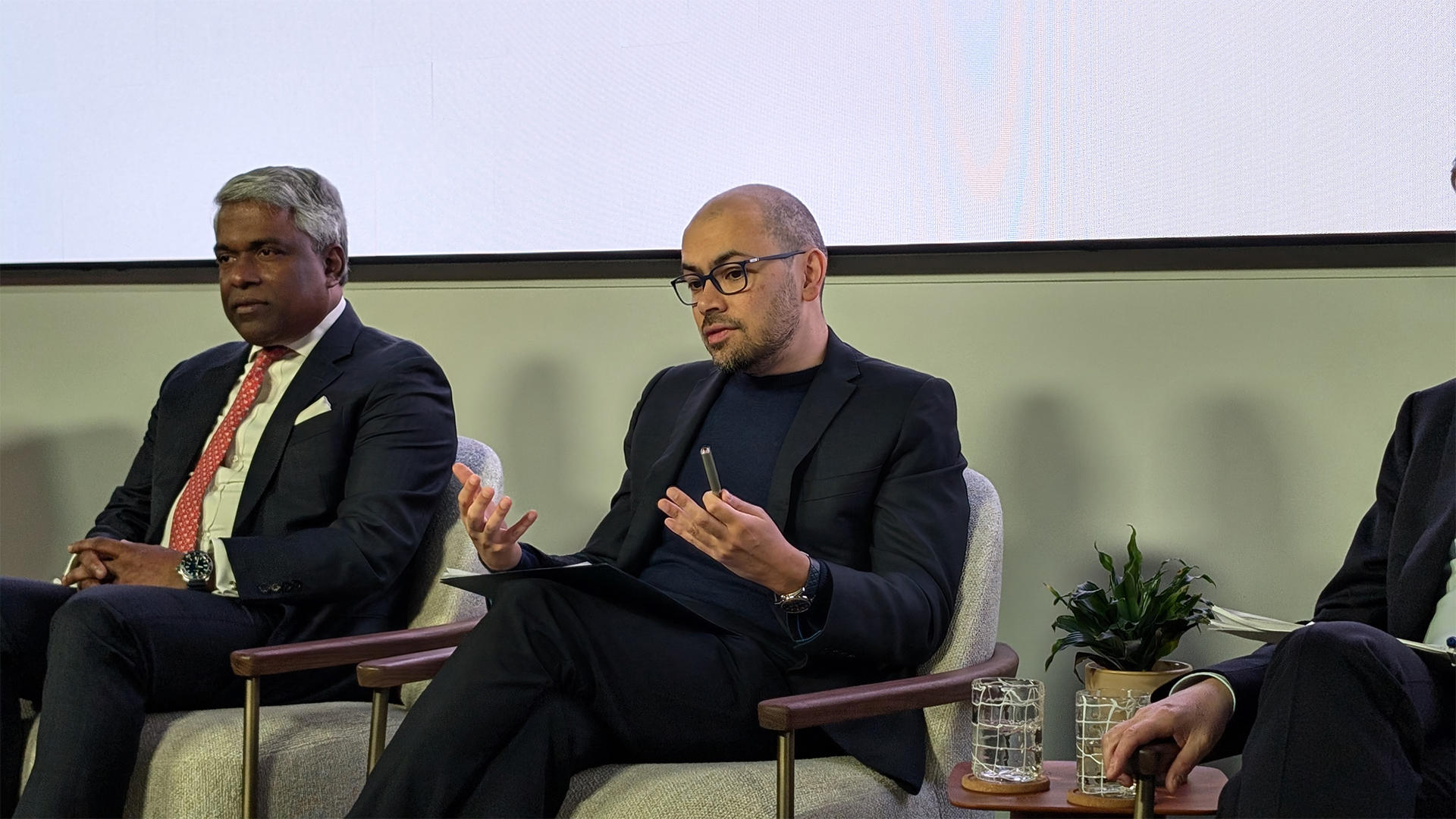 Google DeepMind’s Demis Hassabis says AI isn’t a ‘silver bullet’ – but within five to ten years its benefits will be undeniable
Google DeepMind’s Demis Hassabis says AI isn’t a ‘silver bullet’ – but within five to ten years its benefits will be undeniableNews Demis Hassabis, CEO at Google DeepMind and one of the UK’s most prominent voices on AI, says AI will bring exciting developments in the coming year.
By Rory Bathgate Published
-
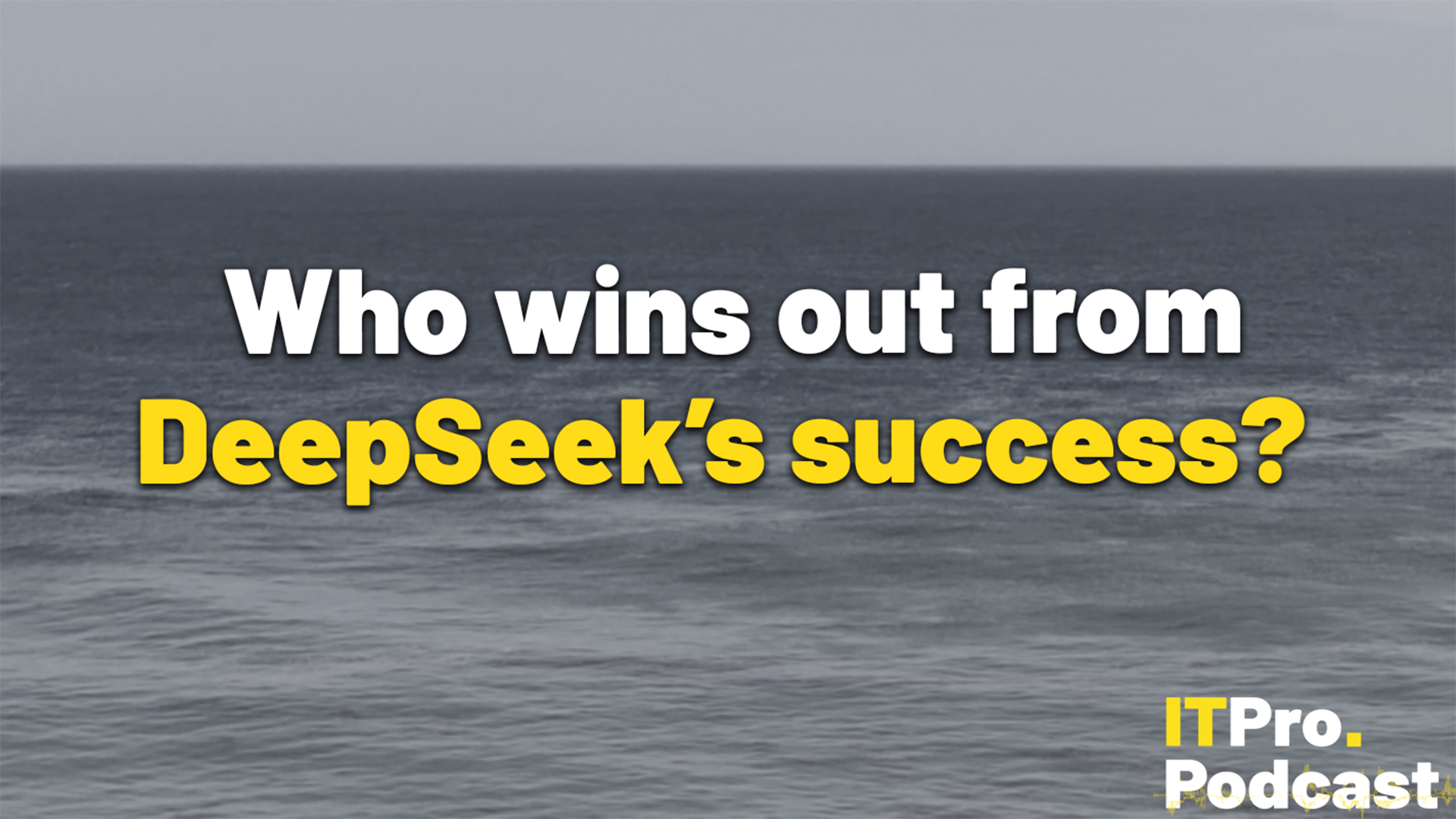 Who wins out from DeepSeek's success?
Who wins out from DeepSeek's success?ITPro Podcast Firms focused on AI at the edge and open source LLMs could reap massive rewards from the Chinese startup's industry upset
By Rory Bathgate Published
-
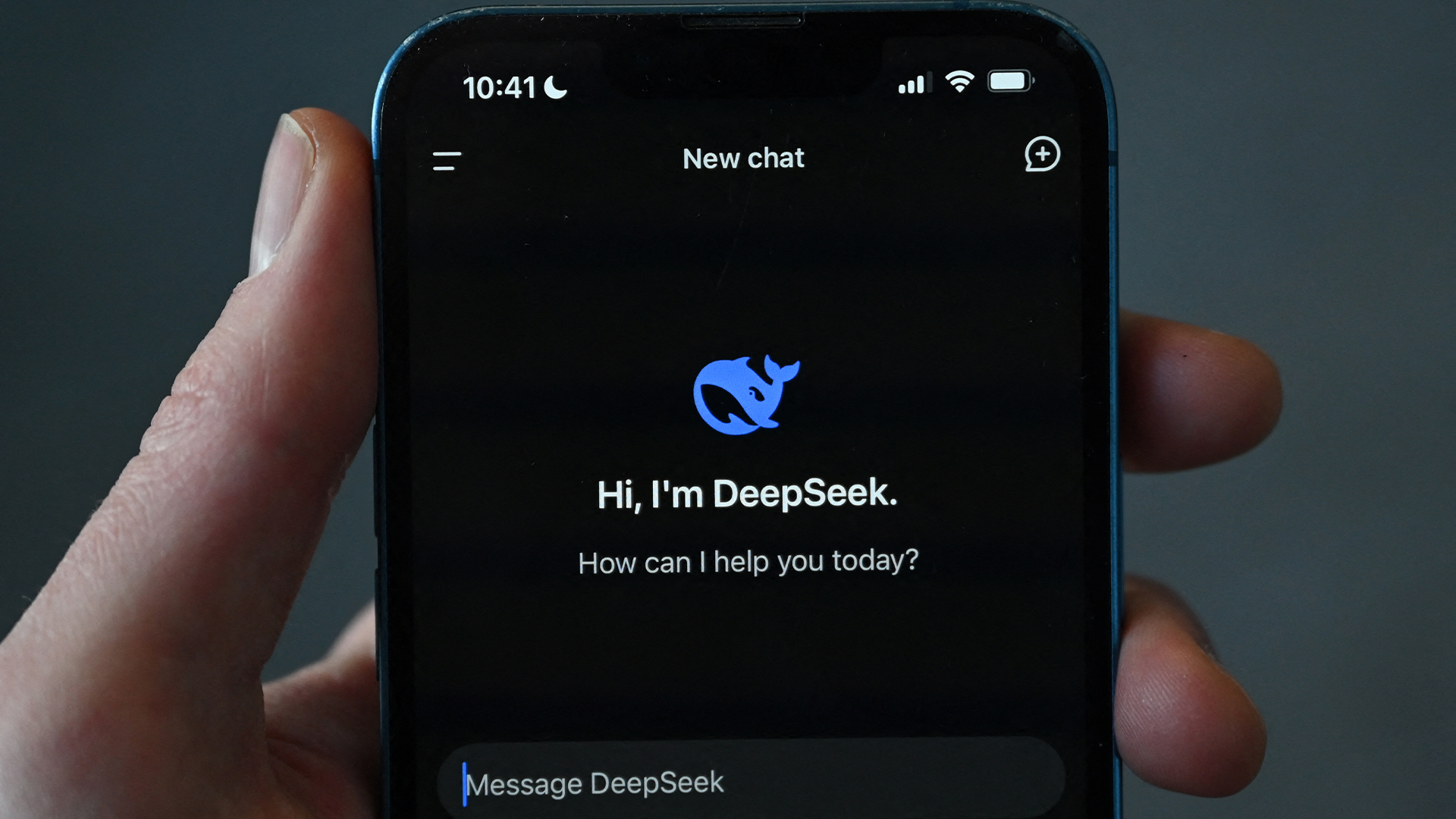 Looking to use DeepSeek R1 in the EU? This new study shows it’s missing key criteria to comply with the EU AI Act
Looking to use DeepSeek R1 in the EU? This new study shows it’s missing key criteria to comply with the EU AI ActNews The DeepSeek R1 AI model might not meet key requirements to comply with aspects of the EU AI Act, according to new research.
By Rory Bathgate Published
-
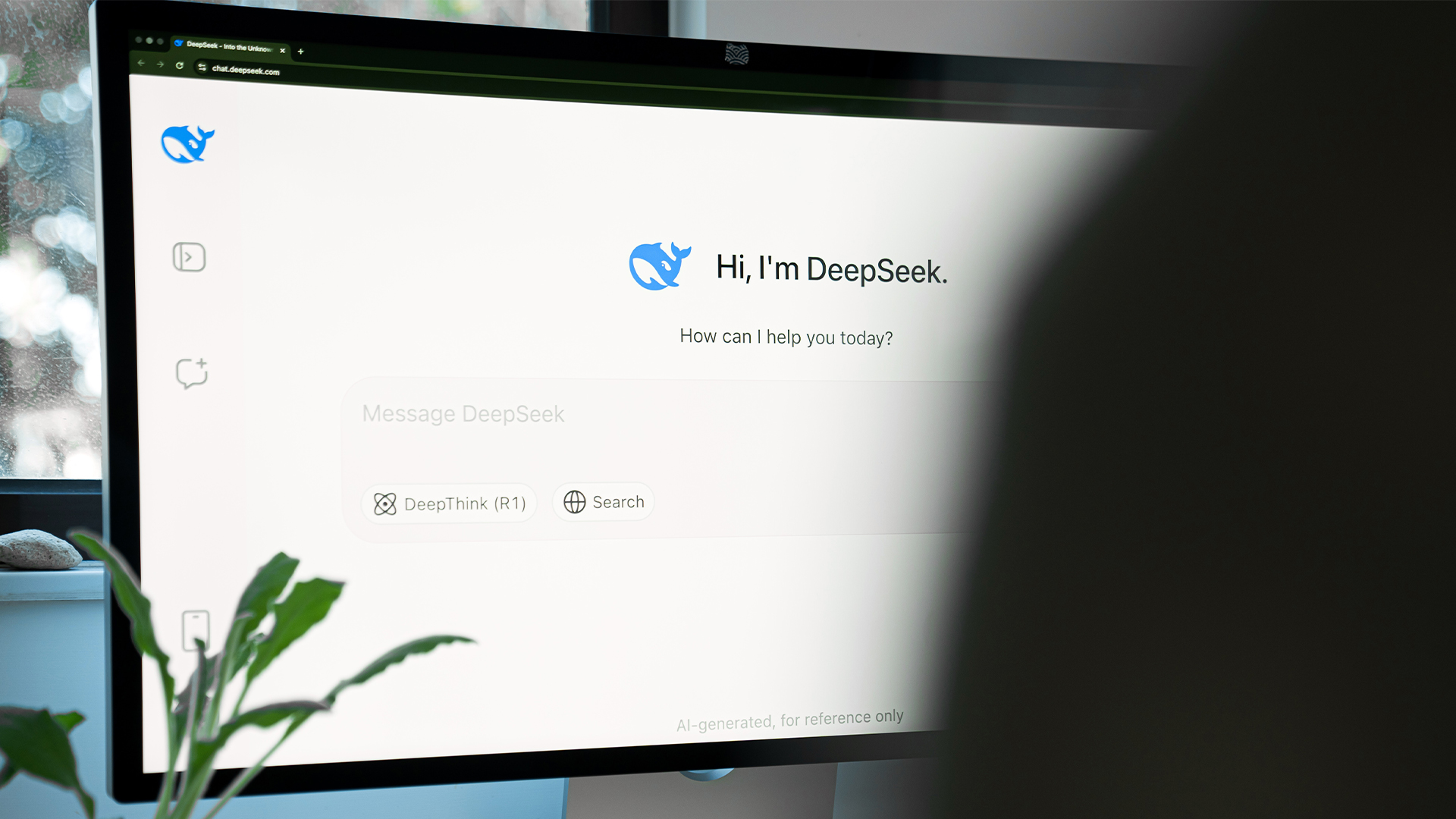 The DeepSeek bombshell has been a wakeup call for US tech giants
The DeepSeek bombshell has been a wakeup call for US tech giantsOpinion Ross Kelly argues that the recent DeepSeek AI model launches will prompt a rethink on AI development among US tech giants.
By Ross Kelly Published
-
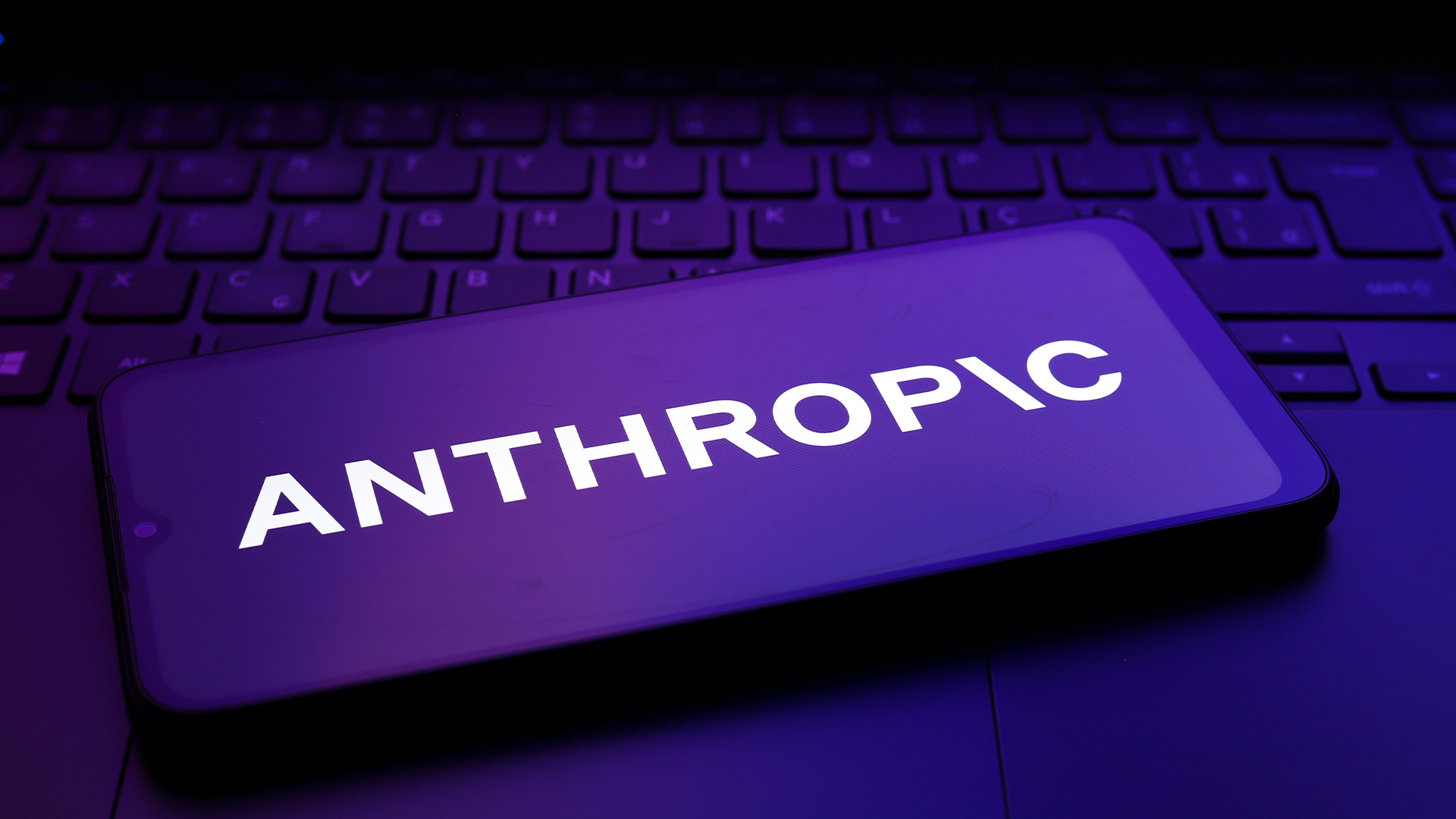 Google will invest a further $1 billion in AI startup Anthropic
Google will invest a further $1 billion in AI startup AnthropicNews This is the latest in a flurry of big tech investments for the AI startup
By George Fitzmaurice Published
-
 2024 was the year where AI finally started returning on investment
2024 was the year where AI finally started returning on investmentOpinion It's taken a while, but enterprises are finally beginning to see the benefits of AI
By Ross Kelly Last updated
-
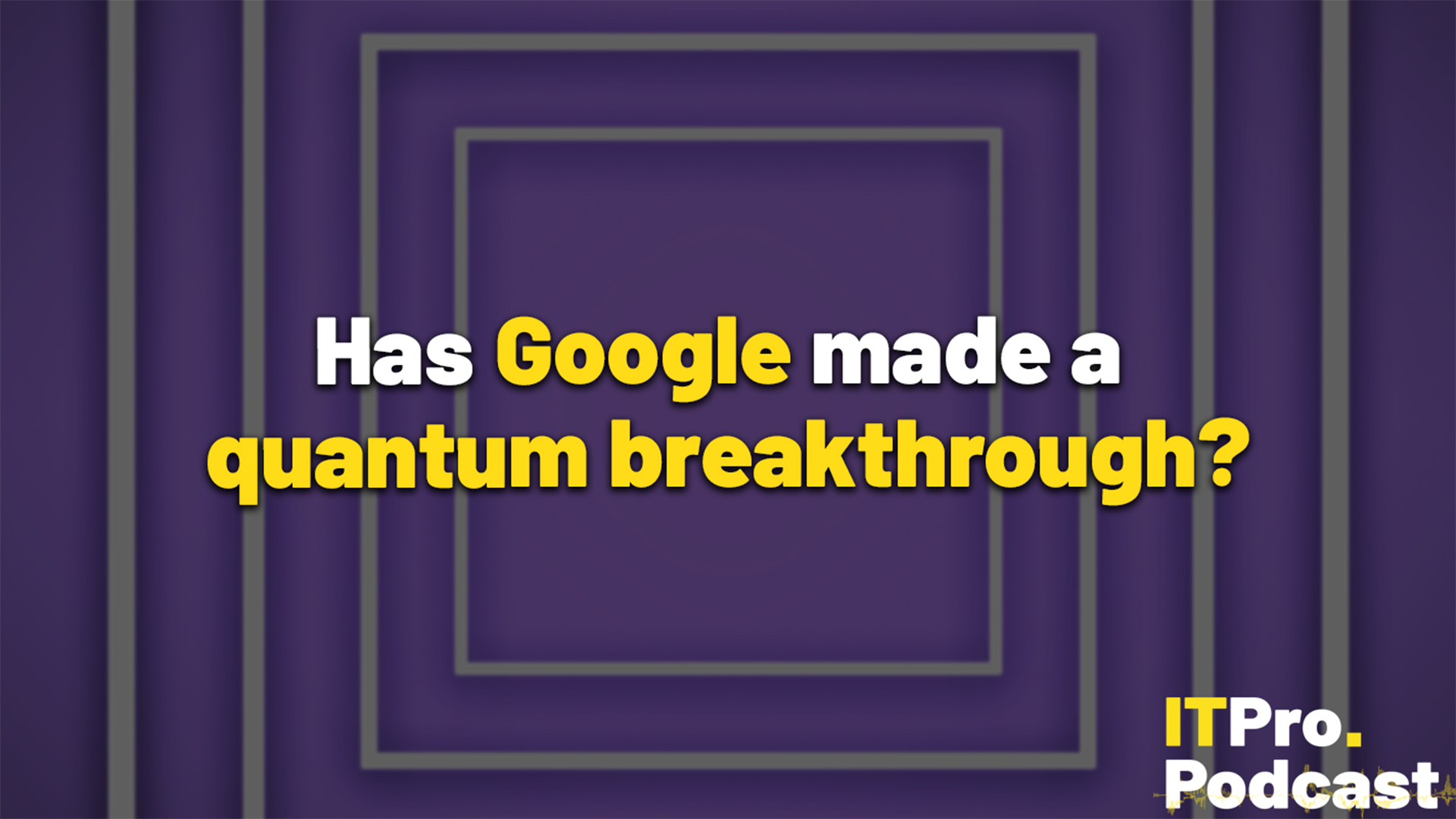 Has Google made a quantum breakthrough?
Has Google made a quantum breakthrough?ITPro Podcast The Willow chip is reported to run laps around even the fastest supercomputers – but the context for these benchmarks reveals only longer-term benefits
By Rory Bathgate Published
-
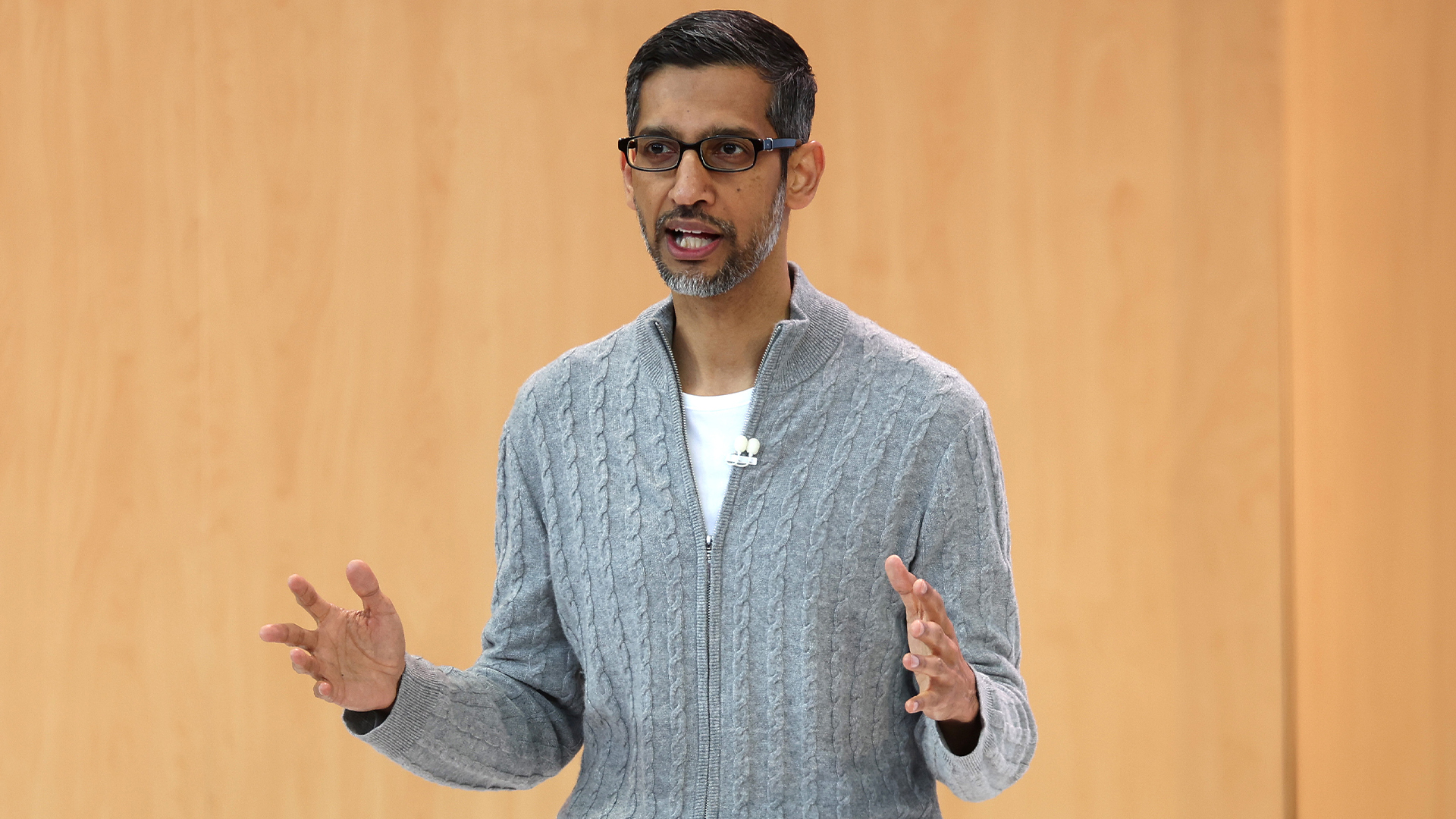 Google jumps on the agentic AI bandwagon
Google jumps on the agentic AI bandwagonNews Agentic AI is all the rage, and Google wants to get involved
By Nicole Kobie Published